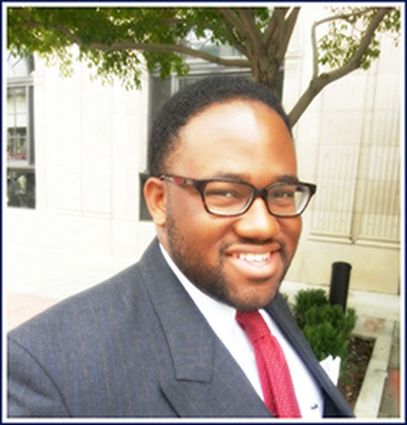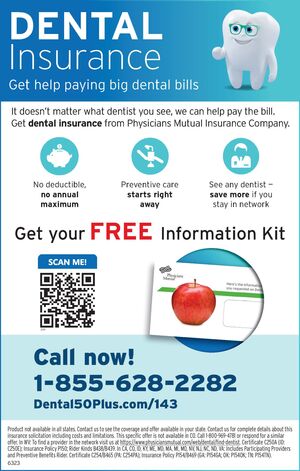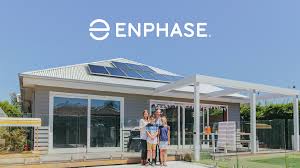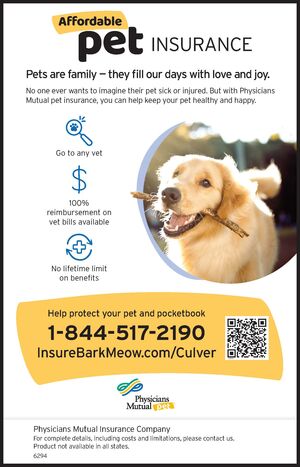Local Reps Vote For Massive Gas Tax Hikes
Observer Publisher
April 20, 2017
Both Culver City's Assemblyman Sebastian Ridley-Thomas and State Senator Holly Mitchell supported Governor Brown's massive $52 billion gasoline tax increase. The Governor, facing a tremendous budget shortfall has labeled the tax the " Road Repair and Accountability Tax." However observers look at the tax hike as another way to divert other transportation funds to balance the general budget. The last time taxes were raised then Governor Gray Davis was recalled by the voters and Arnold Schwarzenegger was elected to replace him. Time will tell if voters react in similar fashion. Democrats in the legislature reacted in lock-step to the Governor's demands. Last minute promises and arm twisting took the unpopular increase of the top with two-thirds vote in both the assembly and senate. The Governor's selling point was that California roads rank 45th out of 50 states as some of the worst roads in the nation. Yet despite this California has the highest state income tax, sales tax and will be second only to Pennsylvania in gasoline taxes in the nation. The Orange County Register put the matter squarely on the back of the Governor's and legislature in a recent editorial, " There is a good reason for the lack of trust between the people and their government when it comes to transportation spending. General fund spending has increased by $36 billion over the last six years, and not one dime has been spent on transportation infrastructure. If legislators don't view transportation as a critical priority, why should California drivers support even higher taxes?Assemblymember Sebastian Ridley-Thomas released the following statement after voting for Governor Brown's $52 Billion Transportation Package that would repair California's crumbling roads, rails and bridges over the next 10 years: " Today I voted to end traffic, increase bike lanes, restore bus lines, accelerate local rail, reduce pollution from goods movement and eliminate potholes. These are
characteristics of a contemporary, inter-modal, effective transportation system. Transportation Chairman James Frazier and Speaker Anthony Rendon are to be commended for leading efforts to bring this measure to a successful vote." State Senator Holly Mitchell admonished colleges who failed to show up at budget hearings to listen to the impact of the new tax. CALIFORNIA'S GAS TAX HISTORY 1923: State lawmakers institute first gas excise tax of 2 cents a gallon. 1927: Tax rises 1 cent a gallon to pay for new road construction. 1932: A 1-cent federal gas tax is created. 1947: State raises tax to 4.5 cents a gallon. 1971: State applies sales tax to fuel purchases, with money going into the general fund. 1983: Lawmakers boost excise tax to nine cents a gallon; federal gas tax also raised from four cents to nine cents. 1990: Federal gas tax rises to 14.1 cents. 1990-94: Voters support Proposition 111, which hikes excise tax to 14 cents a gallon, with automatic penny increases each year through 1994, to a total of 18 cents a gallon. 1993: Federal gas tax rises to 18.4 cents. 2002: Sales tax moves out of general fund into transportation. 2010: Sales tax on gasoline reduced, and excise tax set at 36 cents a gallon. 2013: Increase of 3.5 cents a gallon begins Monday, making total tax of 71.9 cents a gallon - 39.5 cents state, 18.4 cents federal and 14 cents in sales tax. (Source: San Jose Mercury News) The largest gasoline tax increase in 1990 was also promised to solve the traffic problems. It was entitled: The Traffic Congestion Relief And Spending Limitation Act Of 1990. Legislative Constitutional Amendment. In the official summary of the proposition it said "This measure would enact a statewide traffic congestion relief program and update the spending limit on state and local government to better reflect the needs of a growing California population. It would provide new revenues to be used to reduce traffic congestion by building state highways, local streets and roads, and public mass transit facilities. This measure would enact a 55% increase in truck weight fees and a five-
cent-per-gallon increase in the fuel tax on August 1, 1990, and an additional one cent on January 1 of each of the next four years. This measure updates the state appropriations limit to allow for new funding for congestion relief, mass transit, health care, services for the elderly, and other priority state programs, while still providing an overall limit on state and local spending. This measure would continue to provide that public education and community colleges receive at least 40% of the state General Fund budget, and would provide that revenues in excess of the state appropriations limit are allocated equally between education and taxpayers." According to the Howard Jarvis Taxpayer's Association, " If they were really broke, how do they personally receive the highest pay in the nation? Why do they continue to shovel good money after bad on a high speed train to nowhere that is overbudget, behind schedule and has still failed to secure Federal or private money?




















Reader Comments(0)